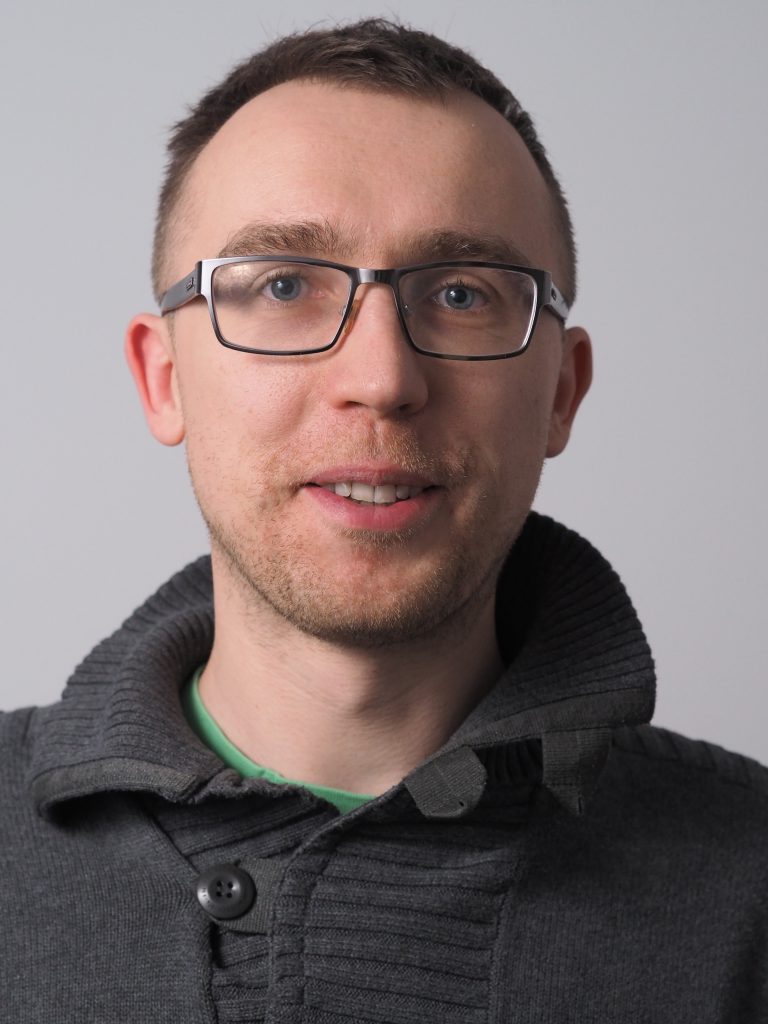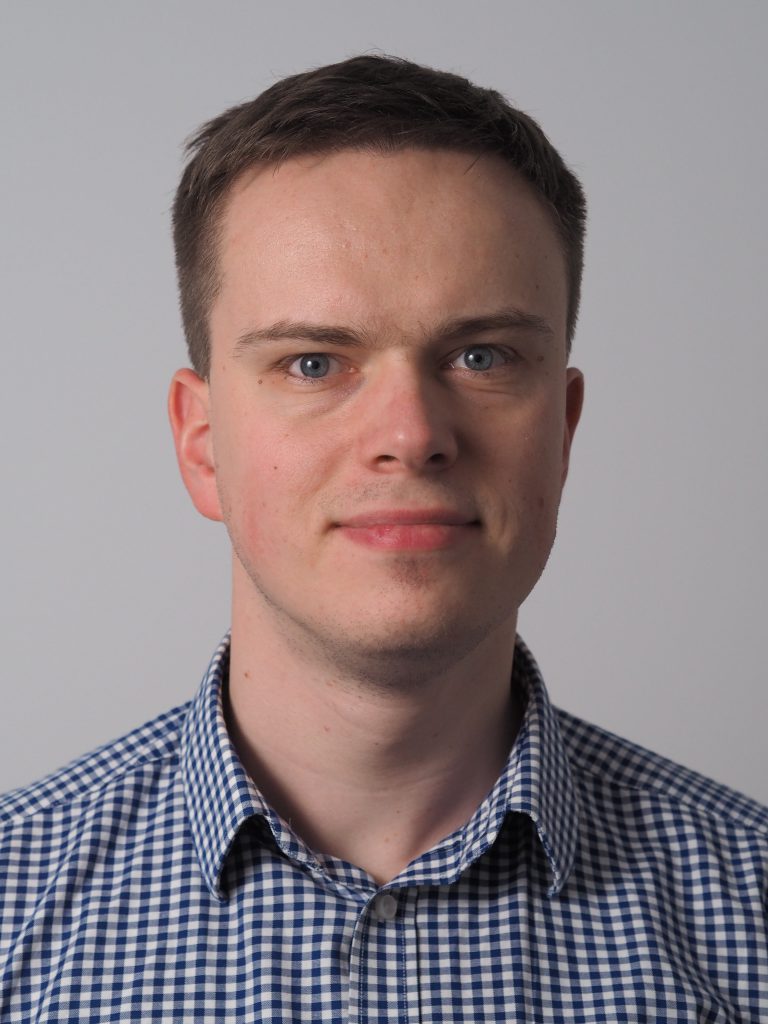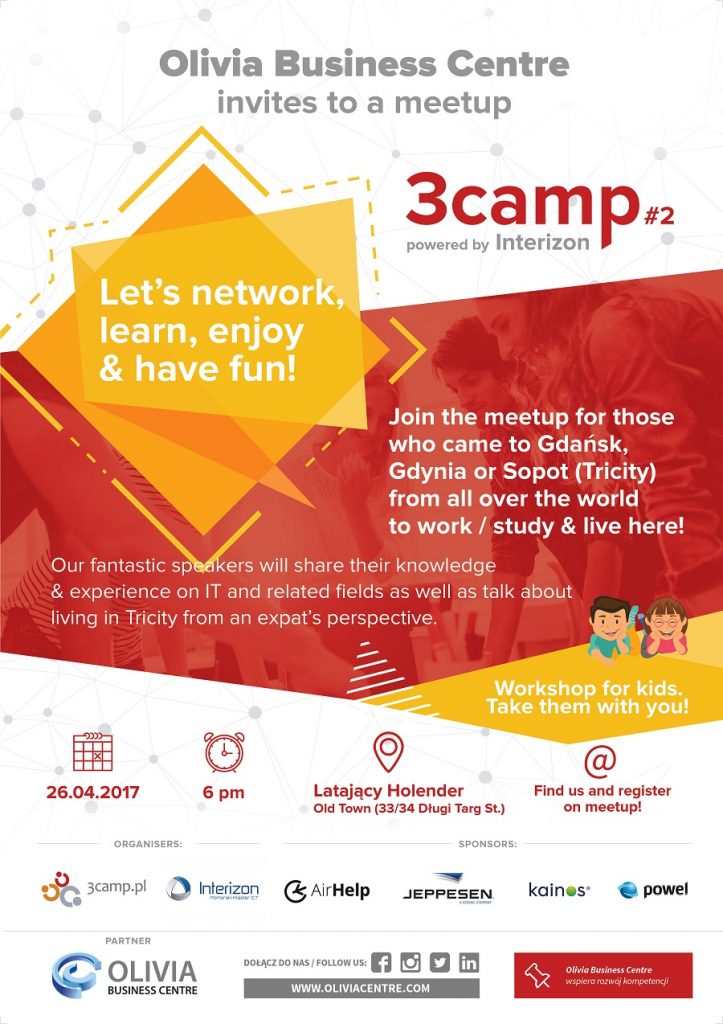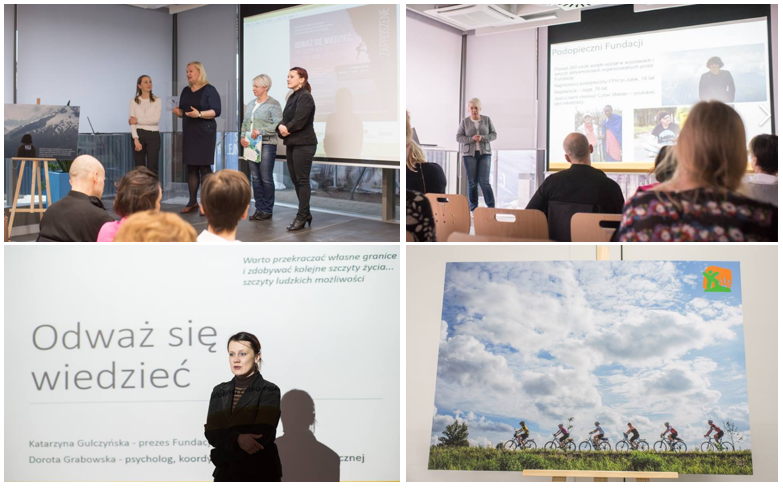We invite you to the seminar titled “Firm-Idea. Real challenges, intangible assets”, which will be held on March 22, 2017 (Wednesday) on Fahrenheit courtyard in the main building of Gdańsk University of Technology, Narutowicza 11/12 Street in Gdańsk, at 10 a.m. – 4:00 p.m.
During the seminar we will try to define the concept of intangible assets, much wider today than patents or copyrights. According to prominent figures in the world of economic sciences and practitioners of management, the understanding of this issue may be the key to the adequate assessment of company’s condition, its resources and potential, as well as, most importantly, its further development.
In the discussion about intangible assets in business, the following experts will take the floor: Prof. Jerzy Hausner, who initiated the Open Eyes Economy and created the concept of the Firm Idea, former Deputy Prime Minister and former member of Monetary Policy Council; Bartłomiej Biga, PhD from Kraków University of Economics; Prof. Piotr Dominiak – GUT Vice-Rector and Maciej Barczewski, PhD from the University of Gdańsk. Scientific part will be moderated by Dorota Sobieniecka, Director of Gdańsk Business Club.
In the part concerning the view of practitioners, the following guests will take part: Zuzanna Skalska – design, innovation and business trend analyst, Aneta Chybicka, PhD – psychologist, coach and Content Director of Instytut Miasta, Rafał Stepnowski – Boeing Digital Aviation Vice President, Maciej Grabski – CEO of Olivia Business Center, Jolanta Łykowska – CFO at Oceanic, Szczepan Kniter – President of the Management Board of Trefl, Marcin Pęksyk, PhD, who specializes in business evaluation, with a particular focus on intangible assets. This part will be moderated by Ewa Sowińska, Vice President of the National Chamber of Statutory Auditors and the member of Open Eyes Economy Program Committee.
Participation in the seminar is free of charge. Register
here
.
The event is a part of the preparation for the second edition of the Economy of Values – 2017 Open Eyes Economy Summit international congress, which will be held from November 14, 2017 to November 15, 2017 in ICE Kraków.
The event is organised by: Foundation of Economy and Public Administration, National Chamber of Statutory Auditors, Gdańsk University of Technology: Faculty of Management and Economics Master of Business Administration Studies, Gdańsk Business Club and Cracow University of Economics.
The patron of the conference is Prof. Jacek Namieśnik, Rector of Gdańsk University of Technology.
The honorary patron is Jacek Krupa, the Marshall of the Małopolskie Voivodeship.
Co-organisers: KIBR Education Centre, Responsible Business Forum, Institute of Internal Auditors IIA Poland, Eskadra.
The event is supported by: CURVER, CRIST, DDS Poland, ESO Audit, Farm Frites, HK Finance, Jeppesen a Boeing Company, Olivia Business Centre, SEVENET.

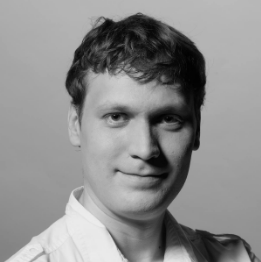 KAMIL BRZEZINSKI
KAMIL BRZEZINSKI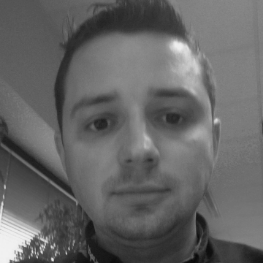 MICHAŁ FURMANKIEWICZ
MICHAŁ FURMANKIEWICZ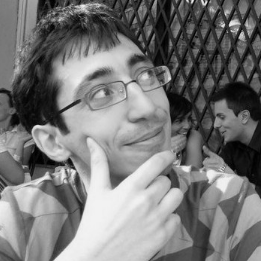 DOMENICO CUCITI
DOMENICO CUCITI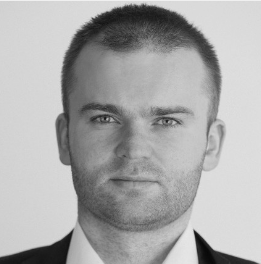 MACIEJ KRAJEWSKI
MACIEJ KRAJEWSKI JACEK LUBAWSKI (Lobster restaurant) – currently works as a chef at the Lobster restaurant. He gained his professional experience as a chef at Azur Restaurant (Ireland). He also worked in Vietnam. About the Pool Kitchen
JACEK LUBAWSKI (Lobster restaurant) – currently works as a chef at the Lobster restaurant. He gained his professional experience as a chef at Azur Restaurant (Ireland). He also worked in Vietnam. About the Pool Kitchen JACEK MAJCHEREK (Słowacki bistro) – currently works as a chef at Słowacki bistro. A few years ago, he did an internship at Noma – the best restaurant in the world. He also worked alongside Gordon Ramsey. Thanks to his talent, he made it to the final line-up of the fourth edition of Top Chef.
JACEK MAJCHEREK (Słowacki bistro) – currently works as a chef at Słowacki bistro. A few years ago, he did an internship at Noma – the best restaurant in the world. He also worked alongside Gordon Ramsey. Thanks to his talent, he made it to the final line-up of the fourth edition of Top Chef. 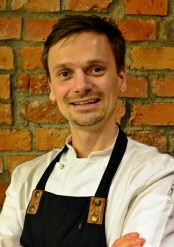 PAWEŁ WĄTOR (Eliksir restaurant) – a chef and dietician by education. He gained experience in prestigious restaurants of the Carice Holding group as a Sous Chef. He worked at the Warsaw Amber Room as Modest Amaro’s deputy. Co-author of the book Discovering Flavours with Marek Kondrat, he also helped creatively with the book Polish Cuisine of the 21st Century.
PAWEŁ WĄTOR (Eliksir restaurant) – a chef and dietician by education. He gained experience in prestigious restaurants of the Carice Holding group as a Sous Chef. He worked at the Warsaw Amber Room as Modest Amaro’s deputy. Co-author of the book Discovering Flavours with Marek Kondrat, he also helped creatively with the book Polish Cuisine of the 21st Century.